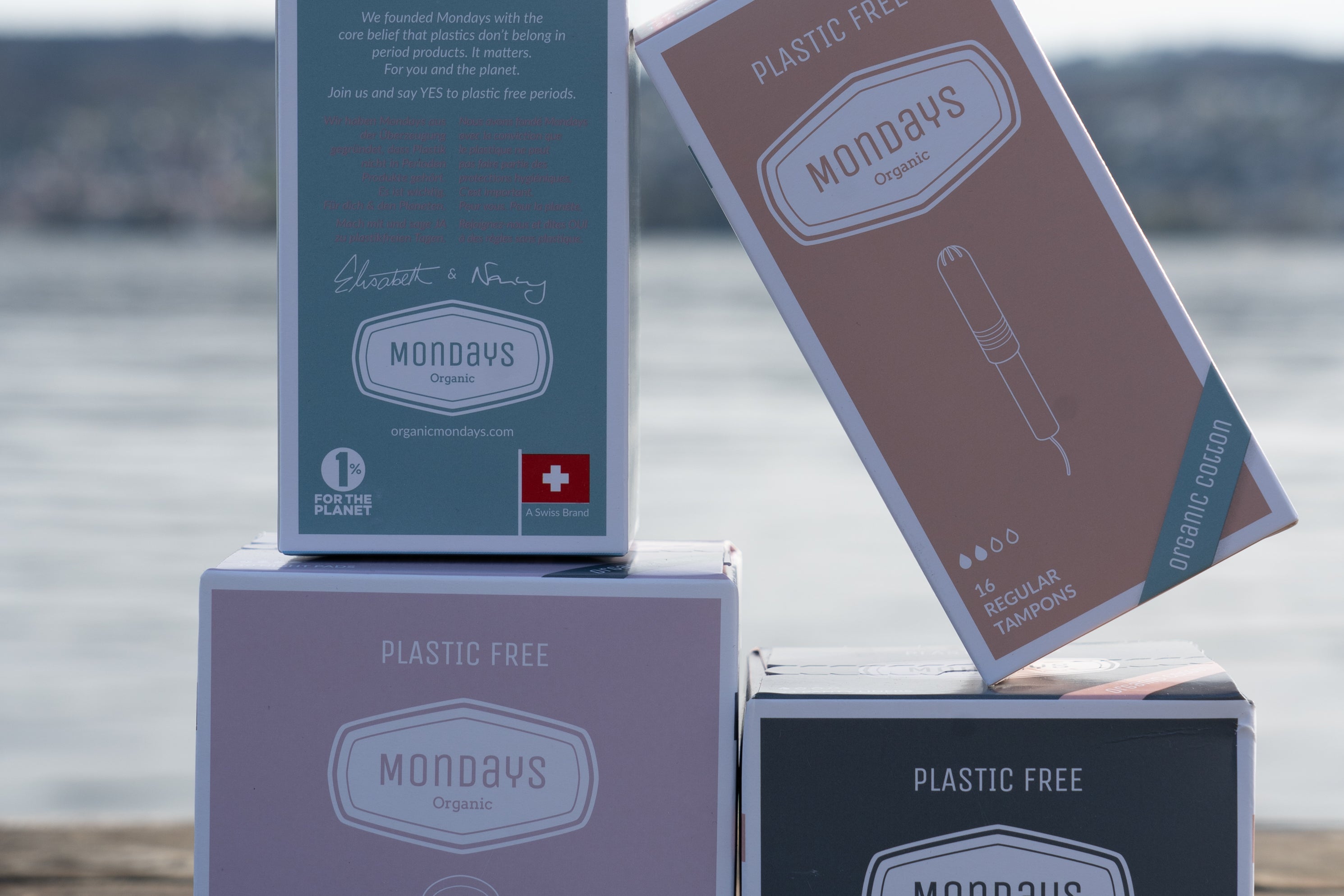
Auteur : Nancy et Elisabeth
Les règles sont encore traitées comme un tabou. Plus de deux millions de femmes hésitent à prononcer le mot « règles » devant leurs enfants, estimant que le terme semble sale, grossier, maladroit et embarrassant, selon une nouvelle étude que nous avons récemment menée.
Ce manque de discussion ouverte sur les menstruations est destiné à faire taire les femmes du futur qui parlent de règles et, en outre, à approfondir les tabous autour de la santé féminine. Cela entraîne également un manque de compréhension du fonctionnement physiologique parfaitement normal du corps féminin.
Pas moins de 4,5 millions de femmes admettent qu'elles ne sont pas entièrement au courant des produits menstruels, des sujets tels que le déroulement des règles, leur durée, la taille des tampons et l'adéquation des produits étant tous source de confusion.
Nancy, l'une de nos cofondatrices , déclare : « La santé des femmes a longtemps été un pion politique, suspendu pour obtenir des votes. Nous voyons enfin que cela gagne du terrain dans la presse et que le sujet est abordé ouvertement par les députés, mais les preuves suggèrent que nous avons encore du mal à avoir nous-mêmes des conversations honnêtes et ouvertes sur les règles."
« Nous savons que les sentiments d'embarras et de gêne éclipsent et entravent les discussions ouvertes sur les menstruations, mais cette question ne changera pas si nos habitudes sont adoptées par la prochaine génération. Les hommes et les femmes doivent profiter de ce moment pour repenser leur façon de parler des règles, sinon ils risquent d’alimenter la stigmatisation si souvent attachée à la santé féminine.
Si la santé des femmes est clairement à l'ordre du jour politique lors des campagnes électorales, on ne peut malheureusement pas en dire autant de la société, puisque plus de la moitié des hommes et des femmes choisissent des mots codés lorsqu'ils font référence aux règles.
Mary est le nom de code le plus populaire utilisé par les femmes qui choisissent d'éviter de prononcer des termes tels que « règles » ou « menstruation ». Le terme propre se perd également au profit de Sophie, Pat, Penelope et Pam.
Nancy Saddington poursuit : « Les femmes devraient être l'autorité naturelle en matière de règles. Ils sont en position de pouvoir pour promouvoir une éducation précise et ouvrir le débat. Cependant, en ressentant le besoin d’utiliser des noms de code, bien que légers dans de nombreux cas, ils frisent l’excuse d’une fonction naturelle et fondamentalement humaine. Cela ne peut que conduire à une génération future d’hommes et de femmes incapables d’avoir des conversations constructives sur les règles. Tout le monde a une responsabilité et peut-être devrions-nous profiter de l’actualité politique pour faire exploser le débat sur les règles pour les femmes du futur.
Dans quelle mesure parlez-vous à l’aise de vos règles ? Seriez-vous d’accord pour dire que les règles sont encore un tabou ?



